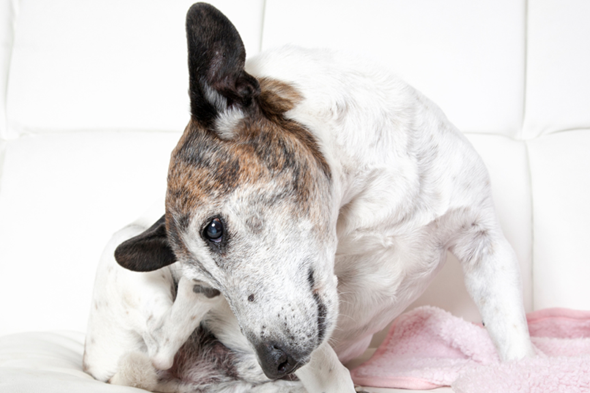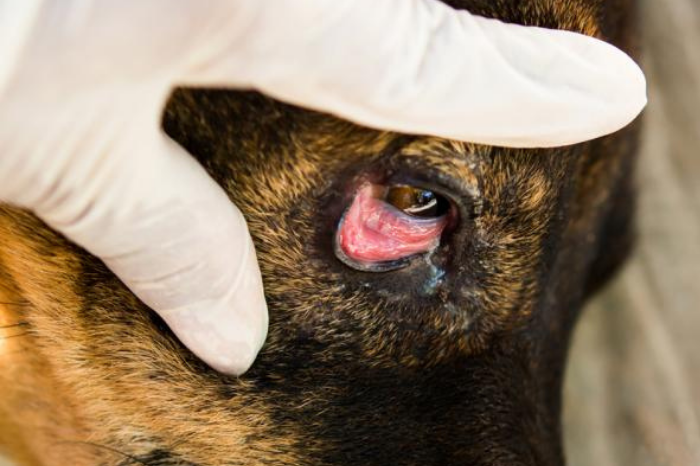

Seasonal Allergies in Pets
With the weather heating up and starting to feel like the “UAE summer”, it’s challenging to cope with rising temperatures, let alone thick humidity that makes our pets vulnerable to bacterial infections including yeast, heat rash, skin allergies, and infestations brought on by parasites.
Does your pet feel itchy or have an allergic reaction all of a sudden? The warm summer weather could be a culprit of these conditions. This time of the year is incredibly difficult for pets with sensitive skin. This can be worse for dogs that are always outside, leading them to increased susceptibility to allergens and irritants, but we also see flare-ups in indoor pets including cats, rabbits, and guinea pigs.
As your primary care provider, we are here to provide you with several tips and secrets that can help fix itchy skin or even prevent irritation in the first place.
Skin problems as the effect of change in weather or due to the current season are nearly always caused by a combination of:
- Increased allergens, pollens, dust mites, spores, and some airborne irritants
- Fleas, ticks, and mites (especially outdoor pets)
- Increased humidity and temperature, opening up the skin pores and allowing allergen absorption
- Increased skin bacterial count
Signs & Symptoms
Your dog could be suffering from a heat rash when they scratch excessively and/or lick their fur non-stop after a hot day. Dog breeds with skin folds like pugs are vulnerable to heat rash, but of course, any dogs can be affected especially if they’ve been out in the sun for too long, thus, it is always recommended to check your dog for tender, red skin, sores, and rashes. Keeping your dog in the shade during intense heat could prevent heat rash.
The main skin allergies symptoms are:
- Swollen, red, or watery eyes
- Excessive eye discharge
- Dry or scaly skin
- Sneezing fits
- Swollen paws
- Hives, rashes, or other visible skin irritation
- Chronic ear infections
- Hair loss
Many plants especially those that release pollen contributes to summer allergies in animals. If your dog is allergic to pollen, watch out for some grasses, such as Bermuda, pigweed, ragweed, cocklewred, and blue grasses.
And as we beat the summer heat in the region, might as well hit the common skin conditions our fur babies are susceptible to. There may not be much we can do to remove every allergen in the world, but they’re certain is a lot we can do to prevent those allergens from resulting in itching and dermatitis.
And if you suspect your pet has summer season allergies, it is pertinent to take him to a veterinarian rather than attempting to medicate him yourself.
Your City Vet family will be always here ready to assist you whenever you need us.
recent post

EARLY DETECTION AND TREATMENT OF HIP DYSPLASIA IN PUPPIES
Hip Dysplasia in dogs is an anatomical orthopedic condition which has a genetic background and affects mostly..
learn more
“CHERRY EYE” or PROTRUSION OF THE GLAND OF THE 3rd EYELID
Protrusion of the gland of the third eyelid (or “cherry eye”) occurs most commonly in dogs and..
learn more



